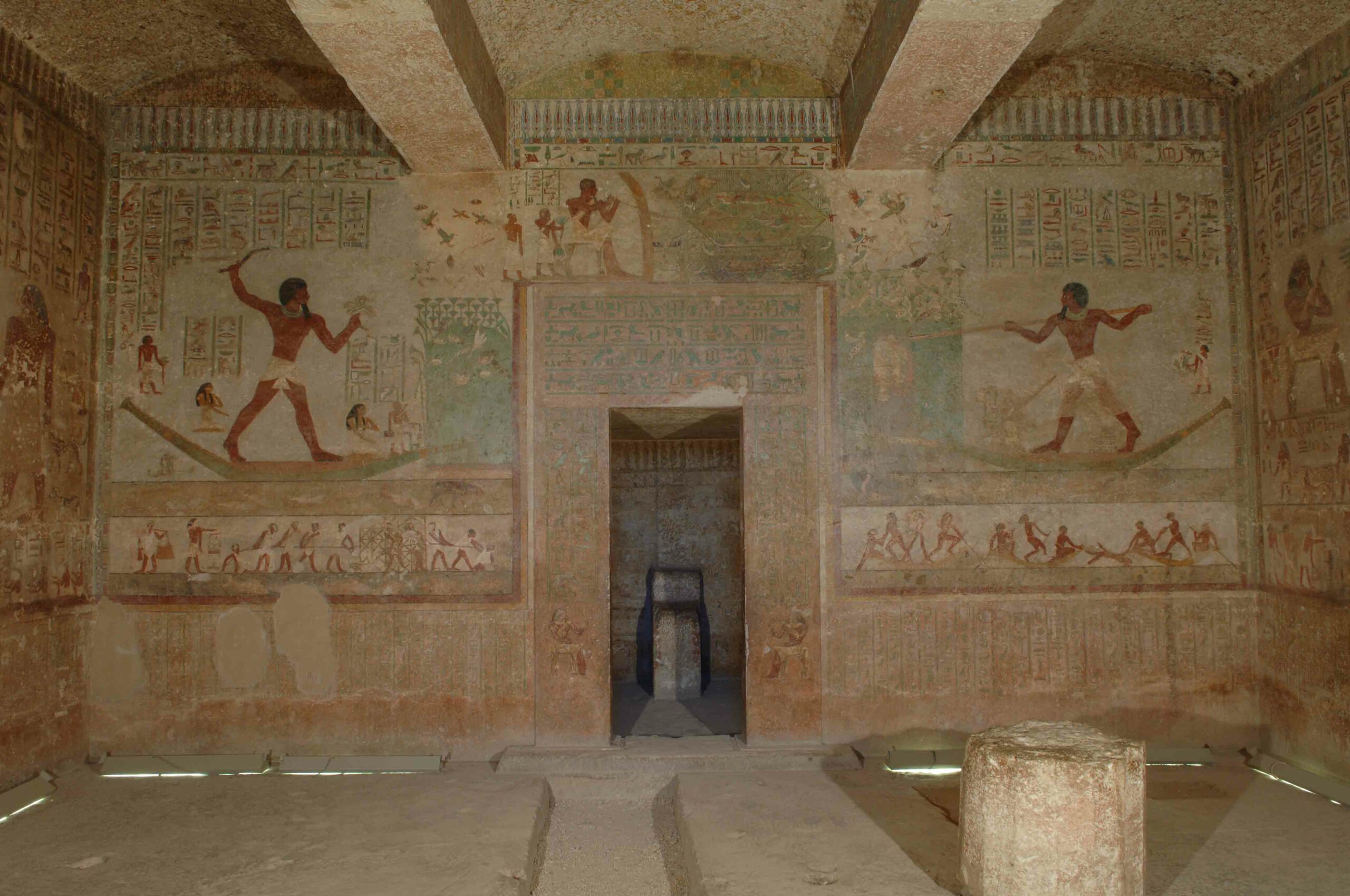PLOVDIV, BULGARIA—Archaeology in Bulgaria reports that archaeologists led by Kostadin Kisyov of the Plovdiv Museum of Archaeology have discovered the roof of a monumental tomb in southern Bulgaria. Based upon the style of architecture, coins, and pottery found around the tomb, scientists have dated the burial to the third century A.D. The tomb sits within the Maltepe burial mound, which stood about 90 feet tall, and is said to be the largest ancient Thracian burial mound in the Balkan Peninsula. The top of the structure was found about 16 feet under the crest of the mound. Large stone blocks on the roof are thought to have supported a statue of the Thracian aristocrat resting inside the grave. “We are still at the beginning [of the tomb’s excavation],” said Kisyov. “Right now, we are on the roof of the tomb which has been partly destroyed by treasure hunters’ digging.” Scans of the tomb suggest it is similar to one discovered in the ancient city of Viminacium. That tomb is thought to have belonged to the emperor Marcus Aurelius Carinus, who reigned over Rome from A.D. 283 to 285. For more, go to “Thracian Treasure Chest.”
Roof of Thracian Tomb Uncovered in Bulgaria
News July 27, 2018
Recommended Articles
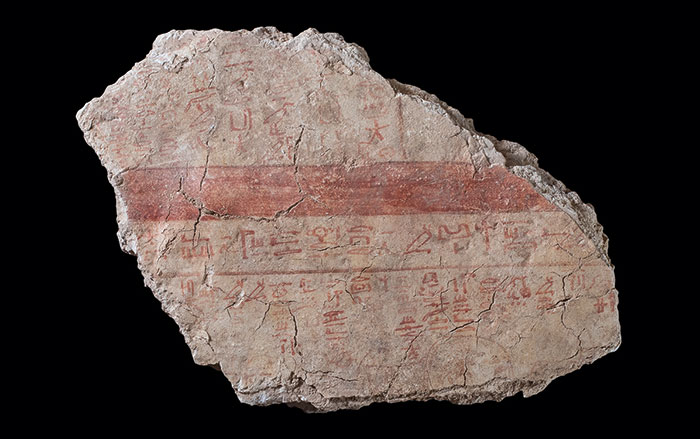
Features November/December 2025
Oasis Makers of Arabia
Researchers are just beginning to understand how people thrived in the desert of Oman some 5,000 years ago
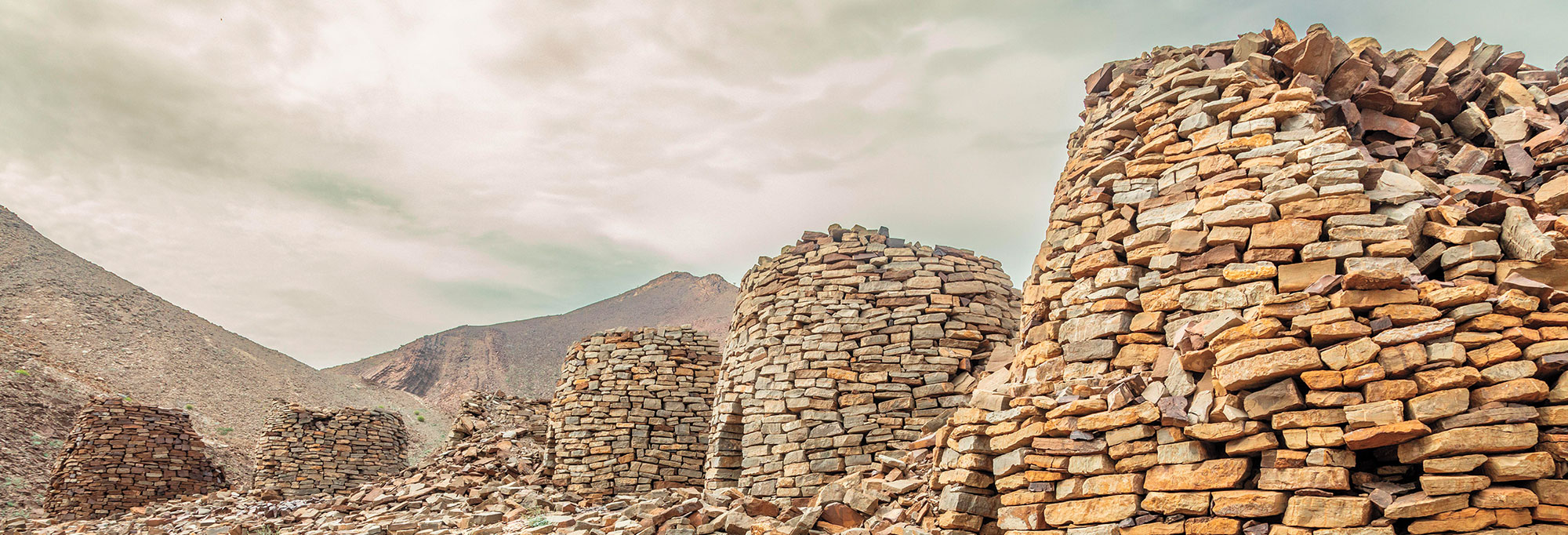
Features March/April 2025
Unearthing an Elusive Empire
Archaeologists have discovered rare evidence of an enlightened medieval dynasty that ruled much of Central Asia
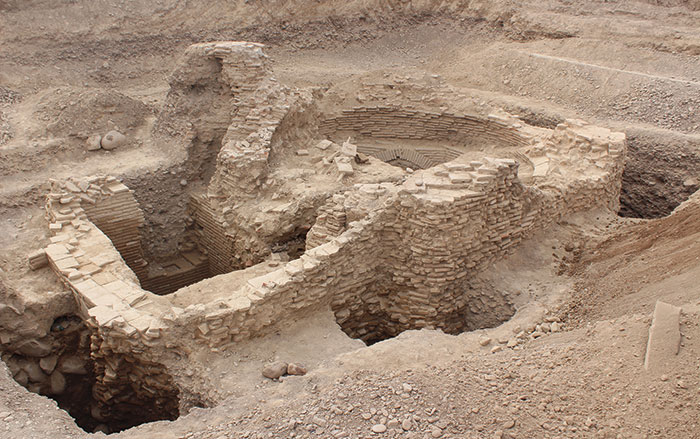
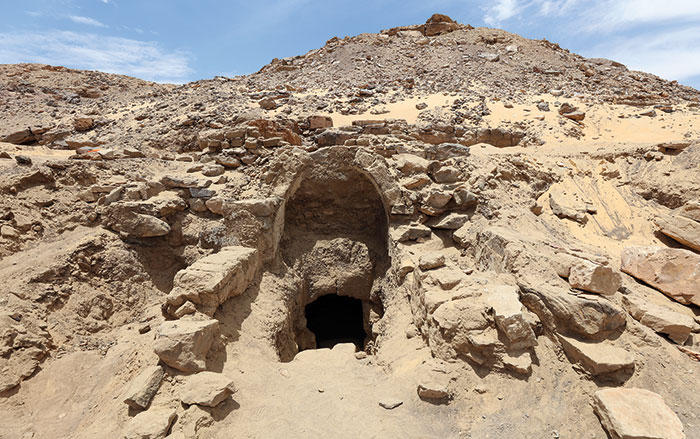
-
Features May/June 2018
Global Cargo
Found in the waters off a small Dutch island, a seventeenth-century shipwreck provides an unparalleled view of the golden age of European trade
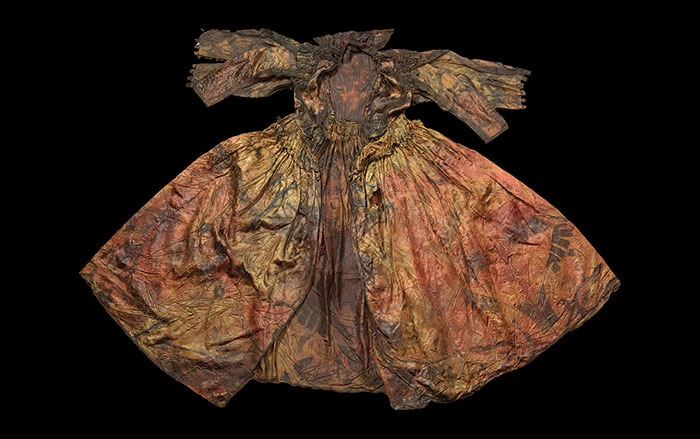 (Kees Zwaan/Courtesy Province of North Holland)
(Kees Zwaan/Courtesy Province of North Holland) -
Letter From the Philippines May/June 2018
One Grain at a Time
Archaeologists uncover evidence suggesting rice terraces helped the Ifugao resist Spanish colonization
 (Jon Arnold Images Ltd/Alamy Stock Photo)
(Jon Arnold Images Ltd/Alamy Stock Photo) -
Artifacts May/June 2018
Roman Sundial
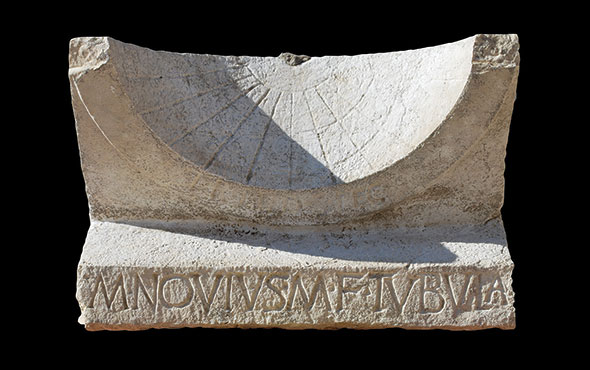 (Courtesy Alessandro Launaro)
(Courtesy Alessandro Launaro) -
Digs & Discoveries May/June 2018
Conquistador Contagion
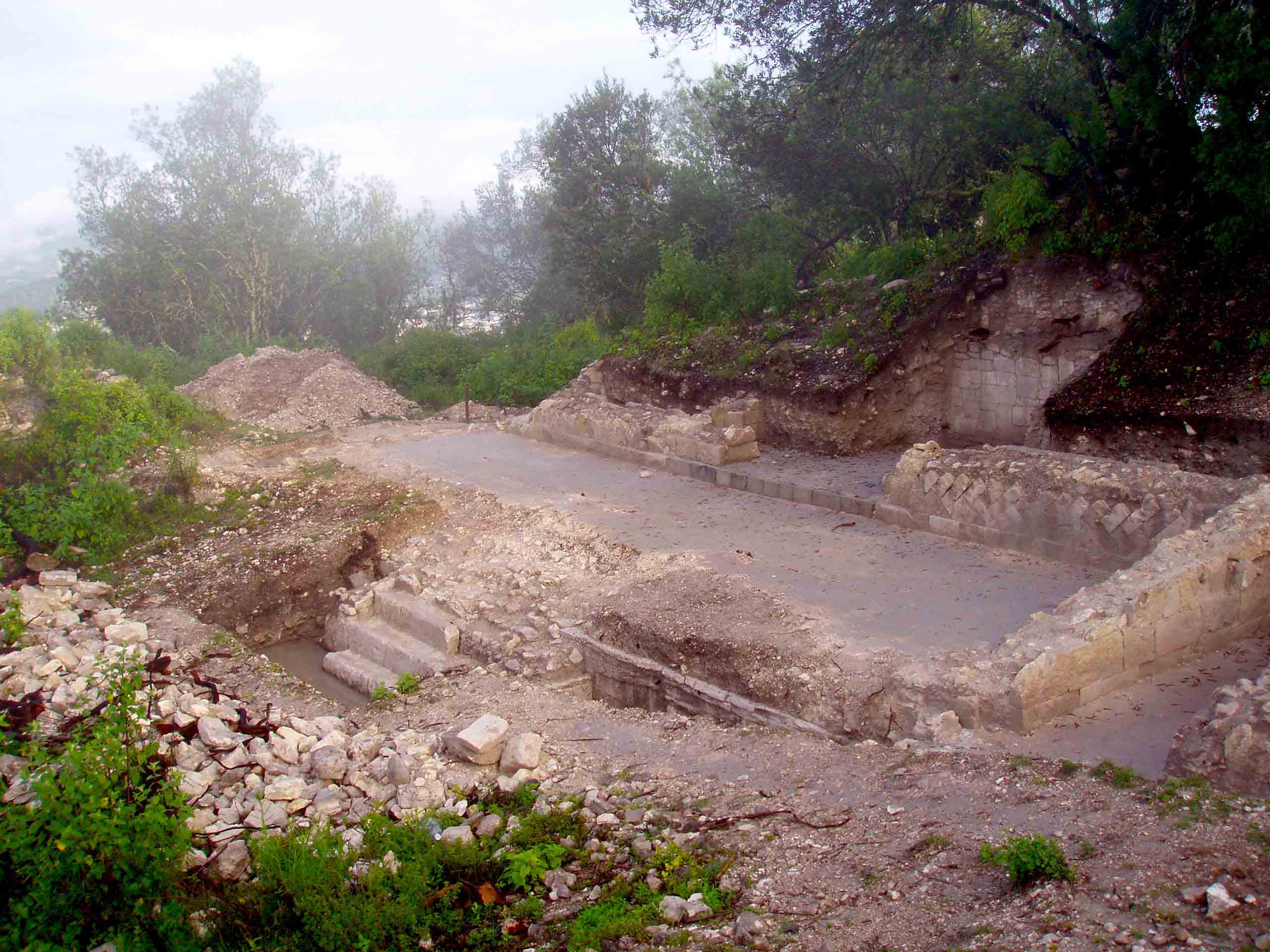 (Christina Warinner. Image courtesy of the Teposcolula-Yucundaa Archaeological Project)
(Christina Warinner. Image courtesy of the Teposcolula-Yucundaa Archaeological Project)


